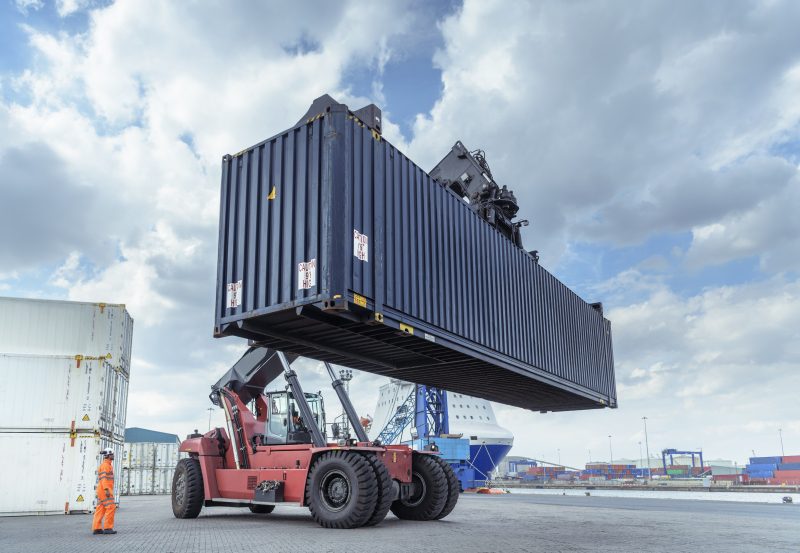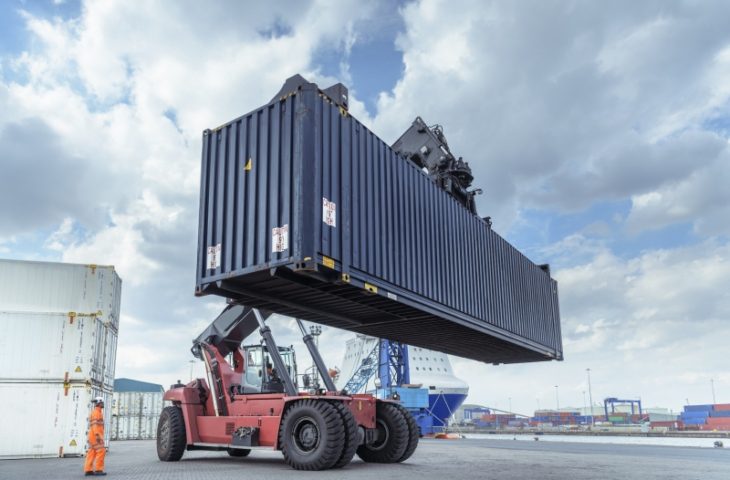Oracle is adding a number of updates to the Container Engine for Kubernetes to increase reliability and efficiency.
The main goal of the update within the Oracle Container Engine for Kubernetes is to simplify the monitoring of all containers while reducing costs. The focus is on companies that create and operate cloud-native applications within the Oracle Cloud Infrastructure (OCI).
Oracle supports Kubernetes in many forms from bare metal to serverless. The container engine is fully compliant with Cloud Native Computing Foundation standards and comes with a fully managed management console.
The updates that Oracle is now making available to all customers include virtual nodes to test Kubernetes-based applications reliably and at scale. These nodes provide resiliency per pod with a usage-based price.
The improvements give organizations more flexibility to install and configure their operating software or related applications as needed. Oracle speaks of a complete life cycle management including upgrades and patching. Optionally, you can use software providers such as Kubernetes Dashboard, Oracle Database and Oracle WebLogic.
Identification by pod and better management tools are now available. The default setting for newly deployed clusters has been increased to 2,000 worker node. SLA agreements include uptime, availability of the Kubernetes API server, and worker node.














